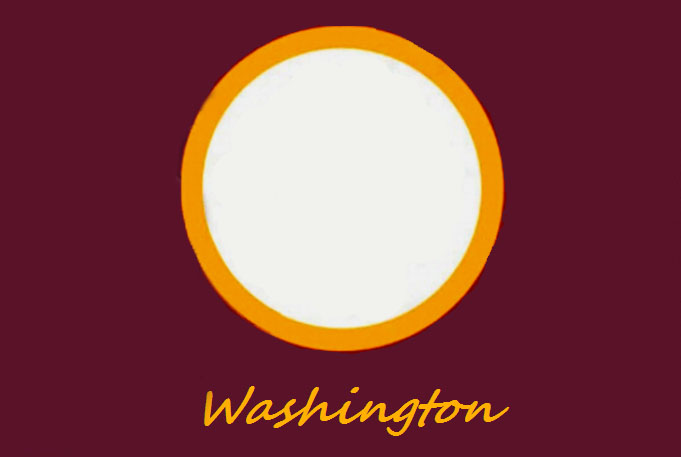Washington Redskins face pressure to change name
November 27, 2015
Part of the way people embrace football is by identifying with a particular team they love. The New England Patriots, Green Bay Packers and the Raider Nation are all examples of team identification that sometimes goes above and beyond the normal fandom.
In most cases, the names of teams don’t present problems beyond fans of one team competing against fans of another. However, the Washington Redskins have been facing pressure to change their name and mascot due to lawsuits they’ve been dealing with since the early 2000s that reference negative stereotypes associated with the name and image.
The term “redskins” has a history of being a descriptor of the American Indian population and while the etymology of the name is often debated, it is a term that has a negative connotation.
In addition, the mascot projects a stereotyped image of an Indian chief with a feather on his head. These images conjure a singular representation of a group of people and therein lies the problem. Does a sports franchise have the right to misrepresent a group of people?
The issue that the Washington Redskins face is very much a social one.
High schools and colleges around the country have been slowly phasing out the use of American Indian mascots due to the contentious history between the United States and the American Indians. While the solution to these stereotypes cannot be solved by simply eliminating the negative images and language from everyone’s purview, it is a step in the right direction.
It is important to note that the Washington Redskins are not the only sports franchise to utilize American Indian images; the MLB has the Cleveland Indians, the NHL has the Chicago Blackhawks and the NFL has the Kansas City Chiefs.
The pressure falls on the Redskins because of the franchise’s storied history of controversy surrounding the name. Adding fuel to the fire, their status as the team representing our nation’s capital may also be a contributing factor.
The Washington Redskins have existed since 1932 and the team shows no signs of disappearing, so the question is whether or not the team will eventually change their name to match the evolving social context of today’s society.
As a sports franchise, their responsibility is to win games and keep the franchise alive. In this era of political correctness and accountability, this may come into conflict as changing the name of the franchise could alienate the fans who subscribe to the established culture in place. The position they are in is not to be envied and if history is any indication, the controversy will continue to rear its head.







